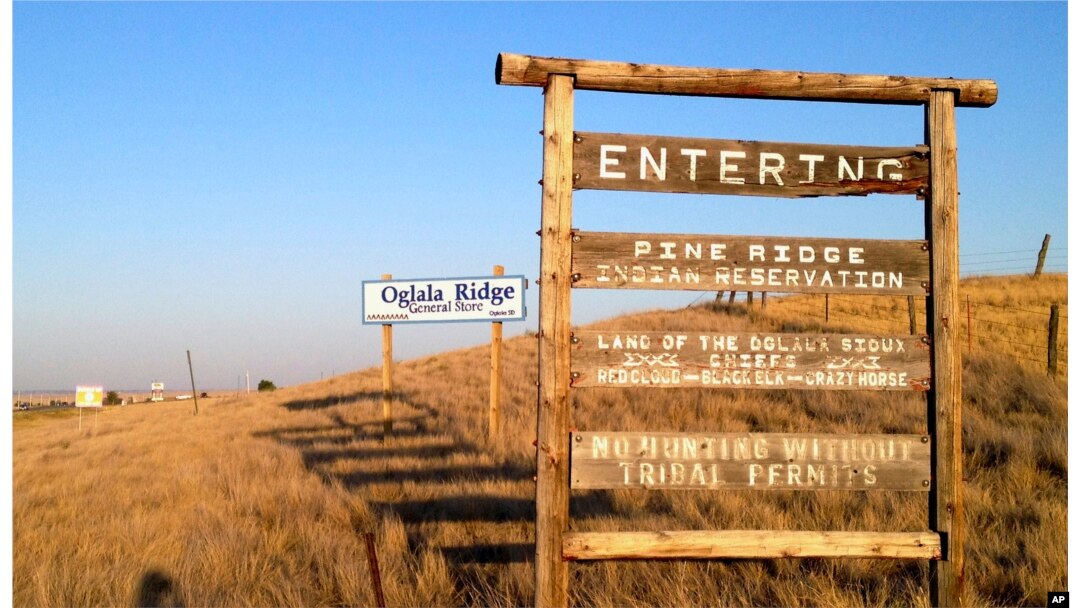Updated standards on race and ethnicity data will benefit Native Hawaiians, Pacific Islanders
The federal government’s Office of Management and Budget has revised standards for collecting and presenting race data to ensure the diversity of the U.S. population is adequately represented.
Among the most affected will be Native Hawaiians and Pacific Islanders, who have previously been lumped into a single category. Now they will be allowed to identify as, for example, Fijian, Tahitian, Samoan or Chuukese.
Members of the Congressional Asian Pacific American Caucus, or CAPAC, described the changes as a “historic milestone” for Asian American, Native Hawaiian and Pacific Islander, or AANHPI, communities.
“As CAPAC has consistently emphasized, grouping our AANHPI communities together often masks the disparities that certain racial or ethnic groups face, including on economic prosperity, health outcomes, home ownership or educational attainment, and make government programs and services less responsive and effective,” said CAPAC chair, U.S. Representative Judy Chu, a Democrat from California.
Read the White House announcement here:

FILE - A sign hangs outside the entrance to Pine Ridge Indian Reservation in South Dakota, home to the Oglala Sioux Tribe, Sept. 9, 2012. Tribal leaders in South Dakota have denounced Governor Kristi Noem’s suggestion that drug cartels operate on reservation land.
Governor, tribes, continue to clash in South Dakota
South Dakota Governor Kristi Noem released a statement Tuesday calling on tribes to “banish cartels from tribal lands.”
“The cartels instigate drug addiction, murder, rape, human trafficking and so much more in tribal communities across the nation, including in South Dakota,” Noem said.
She has repeatedly suggested that tribal leaders are misusing federal funds. She has also criticized President Joe Biden for failing to adequately fund tribal law enforcement.
FILE - South Dakota Governor Kristi Noem speaks during the Conservative Political Action Conference in Oxon Hill, Maryland, on Feb. 23, 2024.
During a special session in January, Noem told state lawmakers that South Dakota has been “directly affected” by an invasion of drug and human traffickers from the southern U.S. border and that cartels were working inside reservations in the state.
In a March town hall meeting, she alleged that tribal leaders were personally profiting from cartels.
Noem has also called for the government to conduct “public and comprehensive single audits” of all federal funds allocated to South Dakota’s nine Native American tribes.
The Single Audit Act requires an annual audit of all nonfederal entities, including tribes that spend over $750,000 in Federal Financial Assistance.
Indian Country Today reports that a search of the Federal Audit Clearinghouse shows that most South Dakota tribes regularly completed audits — at least up until 2020, when “an influx of funding for COVID-19 relief caused issues backlogging the process and overwhelming the treasurers.”
This week’s statement noted that following Noem’s call for an audit, “multiple members of the Oglala Sioux Tribe, including tribal councilmembers, unveiled serious allegations of corruption within tribal government.”
"Video of these comments will be made available upon request," it said.
At VOA’s request, Noem’s press secretary sent four video clips but failed to specify where they came from or how they were obtained.
VOA determined that they had been clipped from Oglala Lakota Sioux, or OST, tribal council meetings March 26-27 as seen on KOLC- TV's YouTube page, in which council members alleged the misuse of federal emergency funds by the tribe’s housing authority and questioned why the tribe was contracting to hire “Mexicans from Texas” when unemployment on the reservation stands at 80%, among other complaints.
Tribal leaders in South Dakota have expressed outrage over her remarks, accusing her of being racist and working to perpetuate stereotypes.
This week, the Cheyenne River Sioux Tribe banned her from their reservation, following in the footsteps of the OST, which banned her from Pine Ridge in February.
Handful of Native American tribes will experience total solar eclipse
On Monday, a total solar eclipse will cross the United States from Texas to New York. Anyone inside its 115-mile-wide path (185 kilometers) of totality will be able to see the moon fully block the face of the sun. Anyone outside of that path will see a partial eclipse.
A map of the eclipse’s path reveals that tribal nations in only four states will experience totality: the Kickapoo Traditional Tribe in Texas, the Choctaw Nation in Oklahoma, some Nations of the Haudenosaunee Confederacy in New York and the Penobscot Nation in Maine.
The federal government recognizes 574 tribes, 347 of them in the lower 48 states.
No federally recognized tribes reside in the other states over which the eclipse will travel. Those states are Arkansas, Tennessee, Illinois, Indiana, Ohio and Pennsylvania — landscapes where prior contact and policies of forced removal eliminated hundreds of vibrant Indigenous communities.
Nor do any federally recognized tribes remain in Vermont, New Hampshire, Georgia, New Jersey, Delaware, Maryland, the District of Columbia or West Virginia.
"Rezbians" addresses same-sex love on reservations
VOA reporter Gustavo Martinez Contreras reported this week on an Indigenous graphic artist in New Mexico who is using a comic book to tell a story about same-sex love and identity on a Native American reservation.
Your browser doesn’t support HTML5
Native American artist tells tale of love, identity


